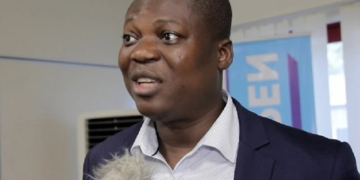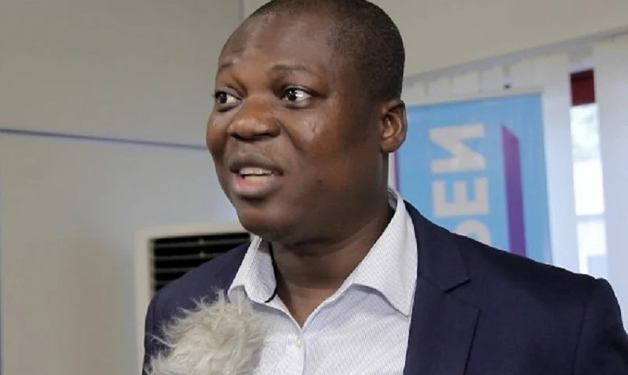Dean of the School of Business at the University of Cape Coast (UCC), Professor John Gatsi has emphasized that the essence of former President John Mahama’s proposed 24-hour economy policy lies in stimulating increased production within the economy, rather than solely focusing on GDP growth and tax revenue contributions.
Speaking in an interview, Prof. Gatsi explained that the policy aims to catalyze heightened production levels, which, in turn, would naturally augment tax revenue generation.
He emphasized that as production escalates under the policy framework, opportunities for bolstering government tax collections would concurrently expand.
The professor underscored the unfairness of fixating on specific figures regarding tax revenue generation and GDP contributions attributable to the policy.
Instead, he emphasized the overarching goal of enhancing production capacity and invigorating economic activity as the core objectives of the 24-hour economy proposal.
“It is unfair for people to want to know exactly how much tax revenue generation the policy will bring and how much it will contribute to GDP, as the policy is about galvanizing production and increasing the capacity of the economy,” he remarked.
The 24-hour economy policy not only aims to tackle the country’s escalating unemployment crisis but also intends to reshape the country’s economic landscape.
Data from the recent Annual Household Income and Expenditure Survey by the Ghana Statistical Service (GSS) paints a stark reality as unemployment rates have surged to 14.7 percent in the first three quarters of 2023.
Particularly concerning is the rise in jobless youth, with those aged between 15 and 35 increasing from approximately 1.2 million to over 1.3 million.
The implementation of the policy stands to be a cornerstone of national progress, envisioning a robust partnership between the public and private sectors to unlock the full potential of Ghana’s human resources.

































